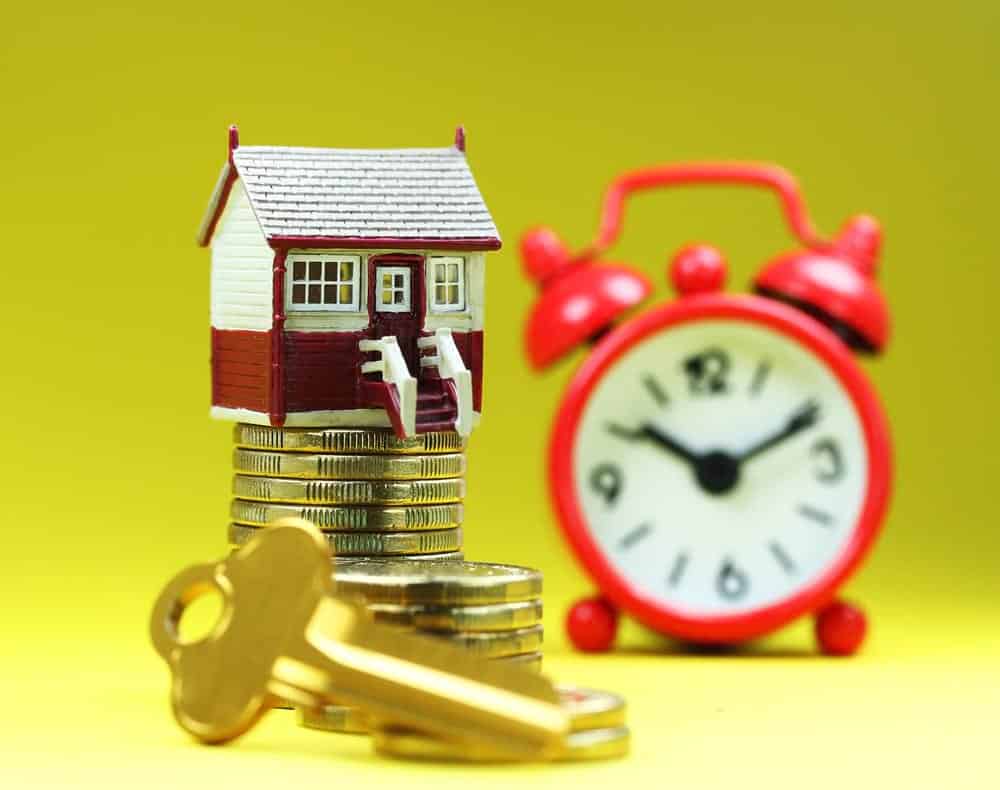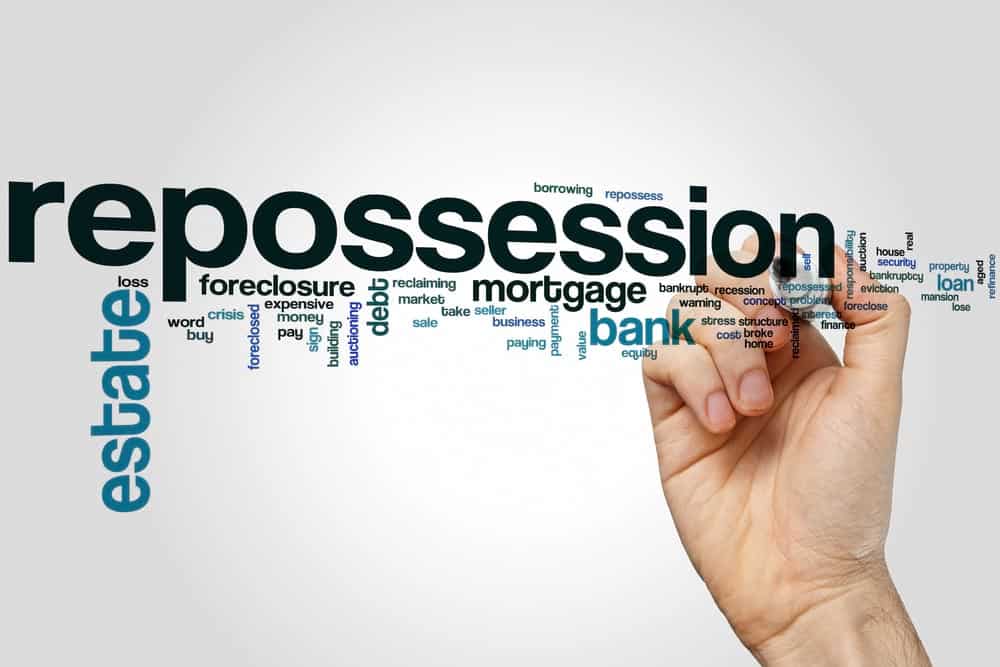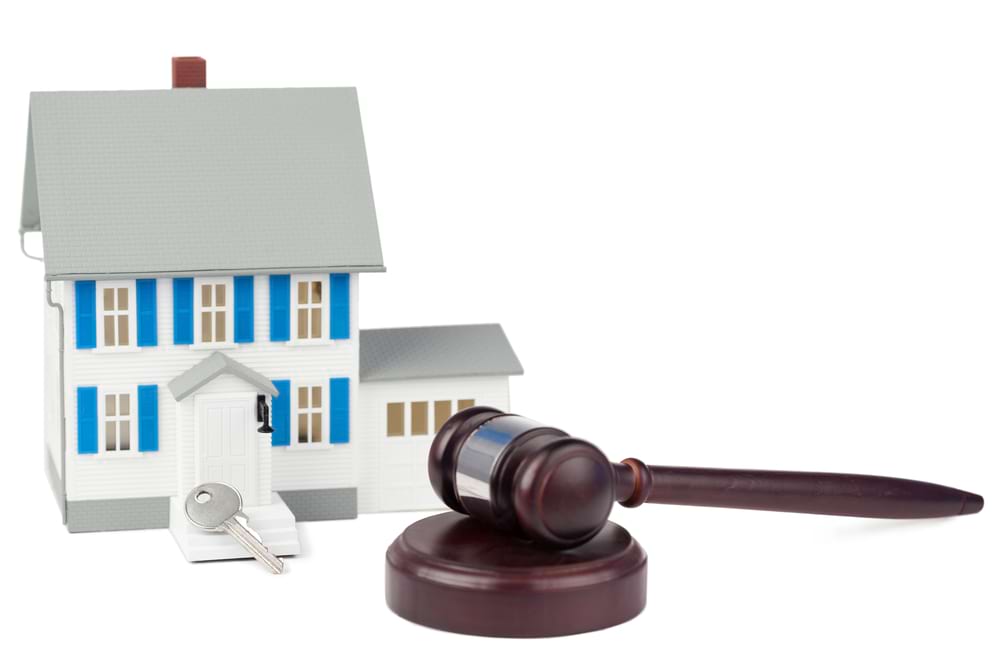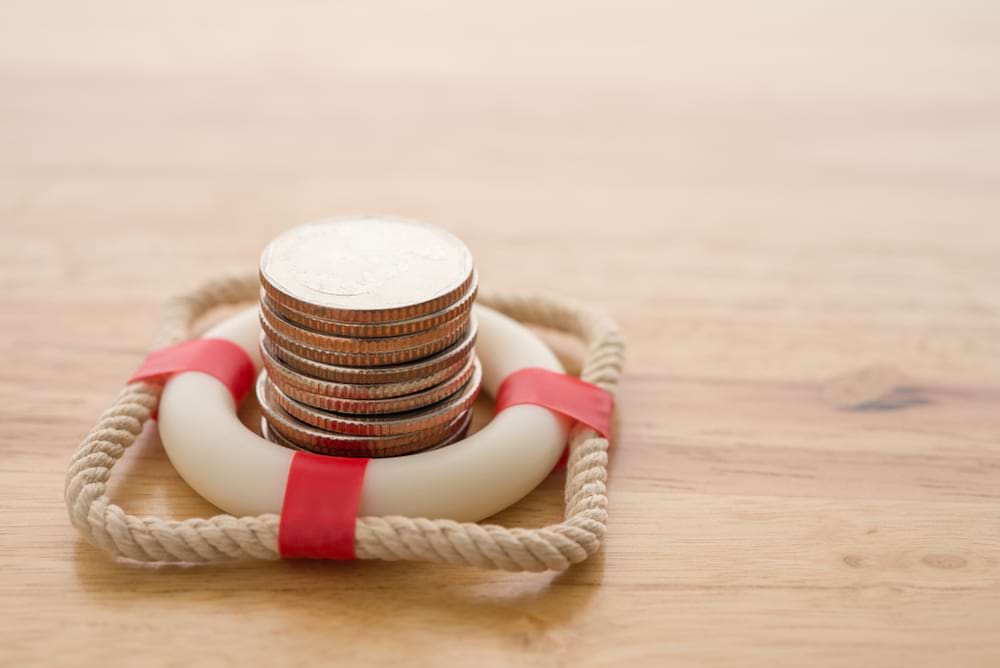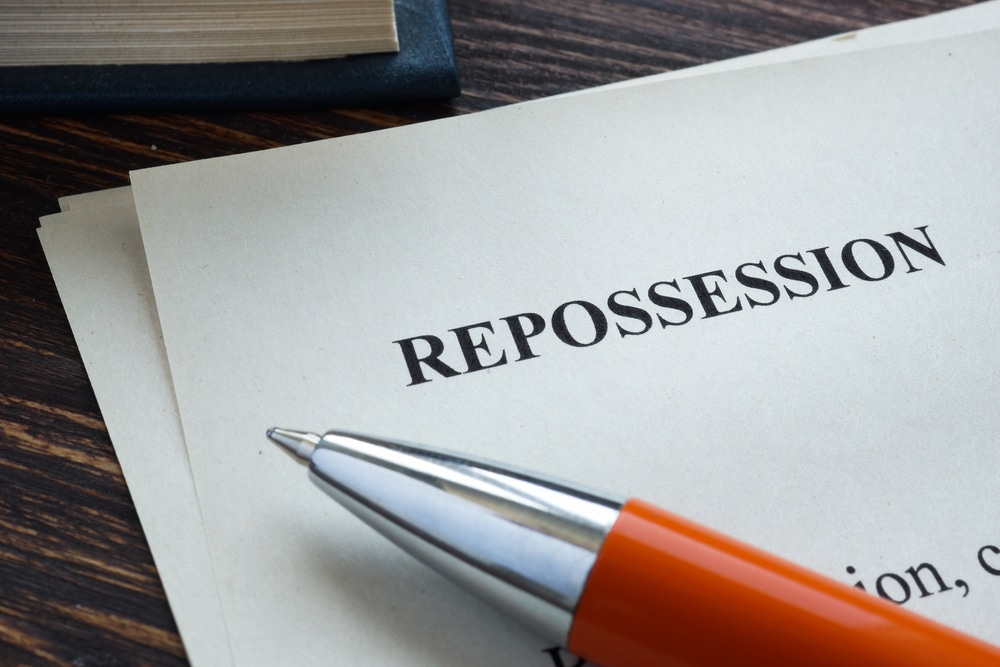When you take out a loan it will either be secured or unsecured.
Understanding the difference between each type is crucial.
Read on to learn more.
What is a secured loan?
A secured loan is one that is borrowed against an asset.
Often the asset is a home. However, but you can also get a secured business loan against business assets such as property or equipment.
The asset provides security to whoever is lending you money. They can take that asset if you stop making payments.
A mortgage is probably the largest secured loan most people will take out.
Multiple secured loans
However, you can take out further secured loans on your property, perhaps for an extension or other home improvements.
This kind of loan is sometimes referred to as a second mortgage or second charge. It allows you to use the equity you have in the home as security.
Similarly, a further advance is when your current mortgage company lends you more money, on top of what they’ve already loaned to you. Lenders can repossess your home if you can’t keep up with repayments.
Equity release
Another way to generate funds from your home is equity release, which is a way of getting value from your property without having to move out or start paying it back straight away.
It’s aimed at older people and each scheme is different. But usually any money you are given, and the interest charged, only has to be repaid when the property is sold.
What is an unsecured loan?
Unsecured loans are loans that are not secured against an asset.
Because of this, the interest rates charged for them are usually much higher than on secured loans.
The better your credit rating the better terms you are likely to be offered.
As with a mortgage, interest rates can either be fixed or variable, depending on which deal you opt for.
If you don’t keep up with your repayment plan you can be taken to court and forced to repay what you owe, although the company you are borrowing from should make it clear what the process is if you miss payments.
For example, if you own a home will they pursue a charging order which will force you to sell it to repay your debt?
Payday loans are designed to tide you over until you are next paid, however they are expensive and the interest can quickly spiral if you miss a payment or take out a longer loan.
There are often more cost effective solutions, such as using a credit card, which a debt advisor will be able to talk you through.
Things to consider
Every loan comes with some risk.
Risk
If you have borrowing secured on an asset, such as a home, you may lose that asset if you stop repaying the loan and the interest.
Additional fees
But, because the loan is secured the ongoing interest costs are likely to be cheaper. Although bear in mind a mortgage often comes with an arrangement fee that is added to your loan.
Gather documentation
To get a secured loan with a lender you will need to show your incomings and outgoings to prove you can afford it.
This is likely to involve providing documents such as payslips and bank statements, which the lender will look at closer.
You may require similar documents to access unsecured loans from a bank.
Payday loans companies are usually less strict about your financial situation, partly because it’s supposed to be a short-term option.
But that is reflected in the extremely high costs they come with, which is why it’s really important to pay them off as quickly as possible.
Remember your credit rating
Going into arrears on either type of loan can affect your credit rating.
Late payments not only generate fees and additional interest, they may also be recorded on your credit file for six years which can impact your ability to borrow money.
If a company pursues payment through the court system it could also result in a warrant of control being issued against you.
Other options
If you’re considering a loan, the most important thing to work out is whether you can afford the repayments. Of course, before this point, you should ensure that you are buying a property you can afford.
Falling behind on them can make an already stressful situation even more unsettling.
We offer an alternative way to get on top of your finances if you own a home.

